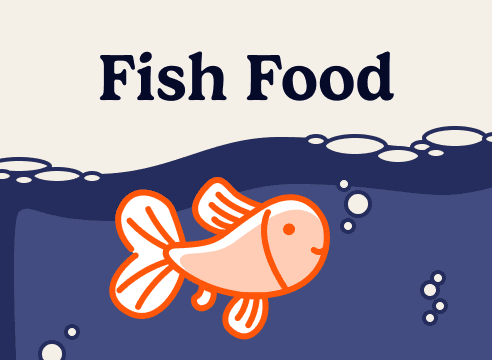Vaccinating your puppy might not be the first thing on your mind when you get your cute new family member home. But when it comes to protecting your beloved pet, it’s best to start early. When they are first born, puppies receive antibodies against a number of diseases in their mother’s milk, but this protection only lasts a few weeks.
Just like a human vaccination, puppy vaccines work by stimulating your pet’s immune system to produce their own antibodies against common diseases. Once they have had the first course of vaccines, your pet will need an annual booster for the rest of their life.
There are a number of benefits to vaccinating your puppy, including a healthier, happier pet and the prospect of fewer vet bills in the future. Knowing that your puppy is protected against some of the most serious dog diseases can take a weight off your mind, and means you won’t have to worry over every sniffle and cough. Widespread vaccination over recent years has also meant that a number of canine diseases have been virtually eradicated, protecting the dog population as a whole.
What you need to know about vaccinating your puppy
Puppy Vaccination Schedule
Most puppies get a course of three vaccinations, given at intervals of four weeks apart. Your puppy should receive a vaccination at:
- 4-6 weeks of age
- 10-12 weeks of age
- 14–16 weeks of age.
Once your pet has received their full course of puppy vaccinations they can move to yearly boosters.
What diseases should my puppy be vaccinated against?
There are a number of serious diseases you should protect your puppy against, including:
- Canine distemper: This is highly contagious and potentially fatal. Symptoms include coughing, sneezing, nasal discharge, loss of appetite, lethargy and vomiting. Canine distemper is largely related to the human measles virus. Thanks to widespread vaccination, it’s rarely seen these days.
- Parainfluenza virus: Commonly known as kennel cough, this is a contagious respiratory disease. It can be very serious in young puppies as their immune systems often struggle to fight it off. Symptoms include a dry hacking cough, loss of appetite, nasal discharge and in severe cases, pneumonia.
- Infectious canine hepatitis: This illness is highly contagious and can affect the liver, spleen, eyes, lungs and kidneys. The symptoms include drinking and urinating a lot, coughing and vomiting among others.
- Parvovirus: Parvovirus divides cells in the digestive lining and affects the immune system, making your pet more vulnerable to other infections. It’s one of the most common infectious diseases a dog can come into contact with.
- Coronavirus: This disease affects the gastrointestinal system and can be fatal in puppies. Coronavirus causes vomiting, diarrhoea and dehydration and in puppies can also cause inflammation of the small intestine.
- Leptospirosis: A bacterial infection that enters through the skin and spreads throughout the body via the bloodstream. Symptoms include high temperature, muscle stiffness, dehydration, vomiting and diarrhoea.



























